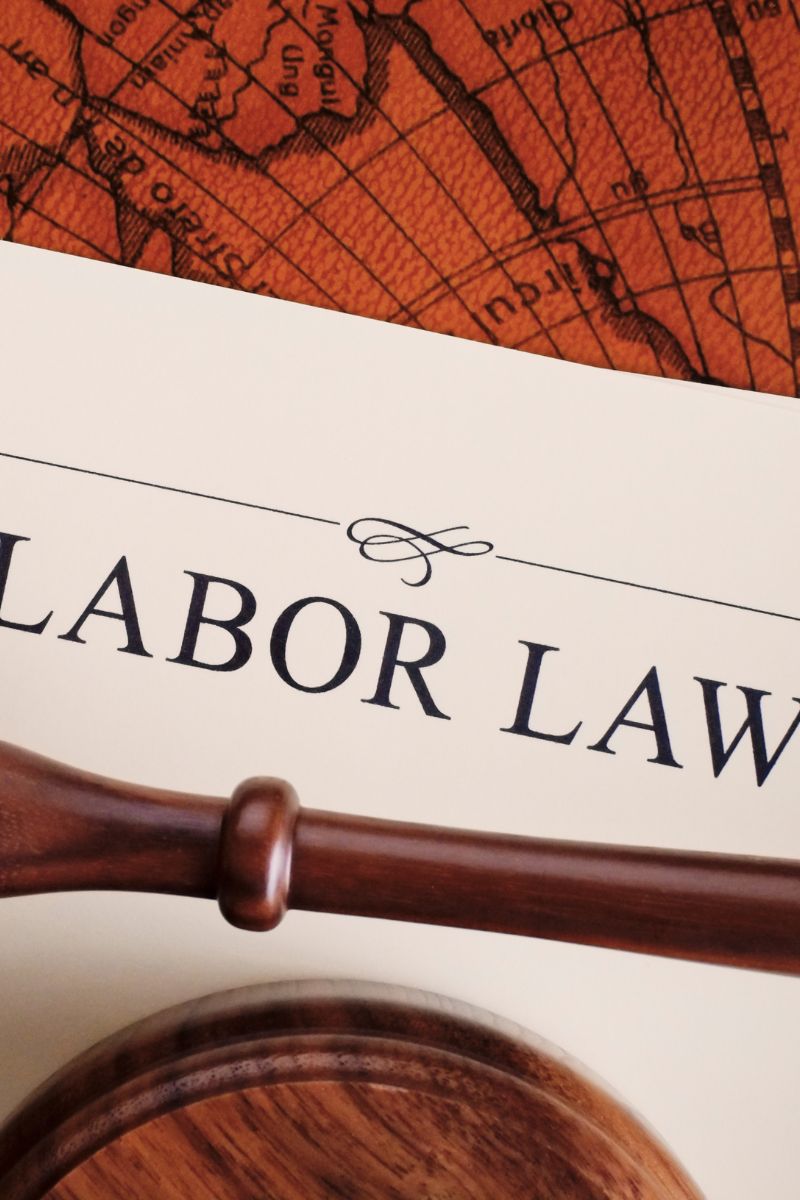As the gig economy continues to grow, the distinction between employee and independent contractor has become increasingly important. Recently, the U.S. Department of Labor (DOL) announced a new Independent Contractor Rule aimed at clarifying this distinction. For freelancers, consultants, and gig workers, understanding this rule is crucial as it impacts your rights, taxes, and benefits. Let’s delve into the details of the new rule and what it means for you.

Overview of the New Independent Contractor Rule
The new rule proposed by the DOL reinstates a more stringent test to determine whether a worker is an employee or an independent contractor. This test is designed to combat misclassification, ensuring workers receive the protections and benefits they are entitled to if they are indeed employees. The rule relies on the “economic realities” test, which considers the following factors:
- Nature and Degree of Control: This examines how much control the employer has over the work performed. Independent contractors typically have more control over how, when, and where they complete their tasks.
- Opportunity for Profit or Loss: This factor looks at whether the worker’s managerial skills affect their profit and loss. Independent contractors usually invest in their tools and can experience a profit or loss based on their own business decisions.
- Investment in Equipment or Materials: Independent contractors often invest in their own equipment and materials, unlike employees who typically use tools provided by the employer.
- Permanency of the Relationship: A permanent or indefinite relationship suggests an employment relationship, whereas independent contractors usually have temporary or project-based relationships.
- Skill and Initiative: This factor assesses whether the work requires special skills and if the worker exercises initiative in performing the job. Independent contractors are often engaged for their specialized skills and business acumen.
- Integration into Employer’s Business: If the work performed is a key aspect of the employer’s business, it is more likely that the worker is an employee.
Why This Rule Matters
Understanding whether you are classified as an independent contractor or an employee has significant implications:
- Legal Protections: Employees are entitled to various labor protections such as minimum wage, overtime pay, unemployment insurance, and protection under anti-discrimination laws. Independent contractors do not receive these protections.
- Tax Obligations: Employees have taxes withheld by their employer, including Social Security and Medicare taxes. Independent contractors must handle their own tax obligations, which includes paying self-employment tax.
- Benefits: Employees often receive benefits such as health insurance, retirement plans, and paid leave. Independent contractors generally do not receive these benefits from the companies they work for.
Implications for Freelancers
The new rule aims to reduce the misclassification of workers, ensuring that those who should be classified as employees receive the associated benefits and protections. However, it also means that independent contractors need to be more diligent in demonstrating their independent status. Here’s what you can do:
- Maintain Comprehensive Records: Keep detailed records of your contracts, invoices, and business expenses. This documentation can help support your status as an independent contractor.
- Understand the Criteria: Familiarize yourself with the economic realities test and the factors that determine independent contractor status.
- Consult a Professional: If you’re unsure about your classification, consider consulting with a Los Angeles labor attorney or a tax professional to ensure compliance and understand your rights.
Conclusion
The DOL’s new Independent Contractor Rule is designed to ensure workers are correctly classified and receive the appropriate benefits and protections. As a freelancer, it’s essential to understand these rules and take proactive steps to protect your independent status. Stay informed and proactive to navigate these changes effectively.






